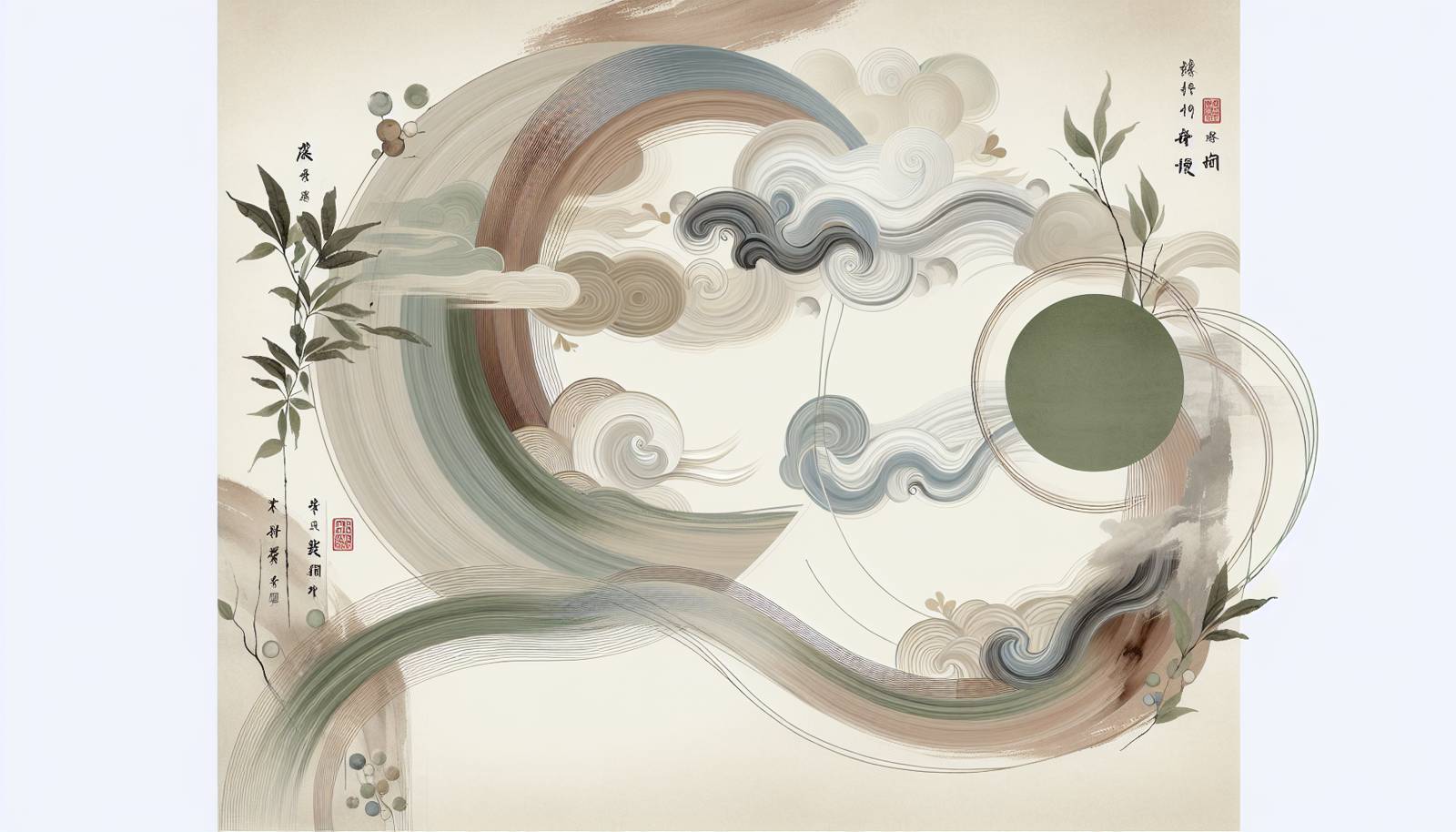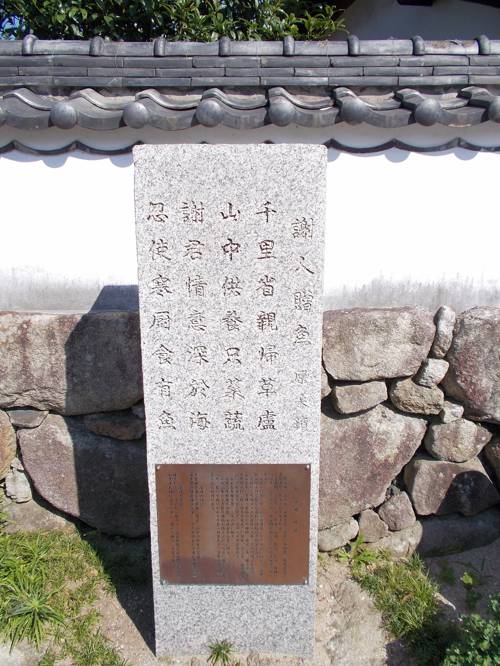
FAQ About The Influence of Classical Chinese Poetry on Modern Literature

What is classical Chinese poetry?
Classical Chinese poetry refers to the written tradition of poetry in the Chinese language that spans thousands of years. It typically includes works from the Tang and Song dynasties, which are considered peak periods for poetry in China. These poems are known for their strict formal features, such as regulated verse and specific tonal patterns, as well as themes such as nature, friendship, and the passage of time.

How does classical Chinese poetry influence modern literature?
Classical Chinese poetry influences modern literature in several ways. Its rich thematic elements, such as nature, human emotion, and philosophical introspection, resonate with contemporary authors. The concise, symbolic style of classical Chinese poetry also appeals to modern writers who aim to convey deep meanings with brevity. This influence is seen in literature worldwide, where writers borrow both themes and stylistic elements.

Which themes from classical Chinese poetry are most evident in modern literature?
Themes from classical Chinese poetry that are evident in modern literature include the transient nature of life, the beauty and impermanence of nature, personal reflection, and the quest for inner peace and understanding. These universal themes continue to resonate with writers and readers around the globe.

Can you give an example of a modern writer influenced by classical Chinese poetry?
The American poet Ezra Pound is a notable example of a modern writer influenced by classical Chinese poetry. He incorporated the brevity and clarity found in Chinese verse into his work, particularly in his well-known poem "In a Station of the Metro," which reflects the imagist movement's emphasis on clarity and precision.

What stylistic features of classical Chinese poetry are adopted in modern literature?
Modern literature often adopts the stylistic features of classical Chinese poetry such as concise language, vivid imagery, and a focus on natural scenes and emotions. The use of symbolism and metaphor to convey complex emotions and ideas is another characteristic that has been integrated into contemporary writing.

How does classical Chinese poetry impact global literature beyond China?
Beyond China, classical Chinese poetry impacts global literature through translations and adaptations that introduce its unique aesthetics and themes to a wider audience. Writers in diverse languages and cultures often draw inspiration from its philosophical insights, concise expression, and evocative imagery.

What is the role of translation in spreading the influence of classical Chinese poetry?
Translation plays a crucial role in spreading the influence of classical Chinese poetry by making it accessible to non-Chinese speakers. Translations not only preserve the original poetic essence but also adapt it to resonate with different cultural contexts, thus extending its influence across the world.

Are there any particular poetic forms from classical Chinese poetry that are used today?
Yes, certain poetic forms from classical Chinese poetry, such as the quatrain and regulated verse, are still used today. These forms are appreciated for their balance and musicality and are often emulated by poets seeking to achieve similar artistic effects in their work.

How did classical Chinese poetry influence Western literary movements?
Classical Chinese poetry influenced Western literary movements such as Imagism and Modernism. Poets associated with these movements, like Ezra Pound and T.S. Eliot, embraced the clarity, precision, and imagery typical of Chinese poetry, which helped to refocus Western poetry on direct expression and vivid imagery.

In what ways have modern Chinese literature evolved from classical Chinese poetry?
Modern Chinese literature has evolved from classical Chinese poetry by incorporating its themes and styles into contemporary contexts. While classical influences remain, modern Chinese writers also explore new subjects and experiment with diverse literary forms, reflecting China's rapid cultural and societal changes.

Is classical Chinese poetry still popular in China today?
Classical Chinese poetry remains popular in China today and is widely studied as part of the country’s literary heritage. It is appreciated for its historical significance, aesthetic beauty, and philosophical depth. Cultural festivals, educational curricula, and media continue to promote awareness and appreciation for these works.

What are some challenges in translating classical Chinese poetry?
Translating classical Chinese poetry poses several challenges, including capturing the original's tonal qualities, conveying its cultural and historical context, and preserving its succinctness and layered meanings. Translators must strike a balance between staying faithful to the source text and making it accessible to modern readers.

Has classical Chinese poetry influenced any specific genres of modern literature?
Classical Chinese poetry has influenced several genres of modern literature, notably poetry and creative non-fiction essays. Its impact is seen in works that prioritize lyrical expression, nature imagery, and philosophical reflection, echoing the structure and feel of classical Chinese verse.

Why do modern writers find classical Chinese poetry appealing?
Modern writers find classical Chinese poetry appealing due to its timeless themes and elegant style, which offer insights into the human condition and the world. Its meditative and focused form presents a model for expressing complex ideas succinctly and beautifully, which many contemporary authors strive to emulate.

What modern technologies are used to promote classical Chinese poetry?
Modern technologies such as social media, digital publications, and online educational platforms promote classical Chinese poetry by making it easily accessible to a global audience. Apps and websites dedicated to poetry also encourage engagement and appreciation through interactive features and translations.

Are there any contemporary poets who blend classical Chinese poetry with modern styles?
Yes, there are contemporary poets who blend classical Chinese poetry with modern styles, such as Arthur Sze, an American poet known for integrating elements of Chinese poetry into his work. His poems often reflect contemplative and observational qualities reminiscent of classical Chinese verse.

What role does cultural context play in the understanding of classical Chinese poetry in modern times?
Cultural context is crucial for understanding classical Chinese poetry in modern times, as it provides the background needed to appreciate the socio-political, philosophical, and historical nuances of the poems. Extensive footnotes and introductory essays in translations help bridge these contextual gaps for contemporary audiences.

How do educators use classical Chinese poetry in teaching literature today?
Educators use classical Chinese poetry in teaching literature today by showcasing its rich thematic content, linguistic elegance, and historical significance. It serves as an excellent tool for discussing universal themes like nature and human emotion, as well as for exploring cultural exchange and literary influence across different cultures.

Are there any modern adaptations of classical Chinese poetry?
There are numerous modern adaptations of classical Chinese poetry, ranging from visual arts and music to contemporary reimaginings in new poetic forms. Many artists and writers draw inspiration from these classics to create works that resonate with today's audiences while retaining the timeless quality of the original poetry.

How do literary festivals incorporate classical Chinese poetry today?
Literary festivals often incorporate classical Chinese poetry through readings, performances, panel discussions, and workshops. These events celebrate the poetry's historical significance and contemporary relevance, offering audiences an opportunity to engage with these texts in new and exciting ways.
